Sour season for Kolar farmers as Andhra bans mango entry
Kolar mango farmers hit hard as Andhra bans Karnataka mangoes slashing prices and leaving industrial varieties without buyers
Salar News
-
Kolar mango farmers hit hard as Andhra bans Karnataka mangoes slashing prices
Kolar, 14 June
Mango growers in Kolar district, particularly in Srinivasapur taluk, are facing severe hardship due to a sharp fall in procurement prices and a trade ban imposed by Andhra Pradesh. With mango cultivation spread across nearly 45,000 hectares in the district, the slump has impacted thousands of families who are directly or indirectly dependent on the crop.
Srinivasapur hosts one of the largest mango markets in the country, drawing traders from across India during the peak season from May to July. Karnataka itself grows mangoes on 1.39 lakh hectares and produces an average of 11 lakh tonnes annually. Of this, only around 4 lakh tonnes are sold directly to consumers, while the rest is used for by-products like juice, jam and pickles.
However, due to limited pulp extraction units in State, most of the pulp processing is carried out in neighbouring Andhra Pradesh, particularly in Chittoor and Madanapalli. The Andhra Pradesh government’s recent decision to ban the entry of mangoes from Karnataka has left growers with no takers for industrial varieties like Tothapuri and Benisha, grown in abundance in Kolar.
Chief Minister Siddaramaiah has written to his Andhra counterpart N Chandrababu Naidu, urging him to lift the ban, warning of its adverse socio-economic impact on border area farmers.
Chinnappa Reddy, President of the Kolar District Mango Growers’ Association, said he had never seen such low prices for Tothapuri mangoes, blaming the lack of demand from Chittoor-based juice factories. He noted that while table varieties like Raspuri, Badam and Mallika still find buyers in open markets, most growers rely on industrial demand for the bulk of their produce.
Currently, mangoes in Srinivasapur are selling at just Rs 3,000 to Rs 4,000 per MT, compared to Rs 10,000 to Rs12,000 in previous years.
Following a bandh in Srinivasapur, district-in-charge Minister Byrathi Suresh convened an emergency meeting with mango growers and officials. Farmers demanded a minimum procurement price of Rs 15,000 per metric tonne, including state support. The minister reportedly assured them that he would take up the issue at the cabinet level.
An official from the Horticulture Department explained that juice factories are unwilling to buy more mangoes as they still have stock from last year. Additionally, there has been a decline in mango juice consumption, with consumers turning to alternatives like tomato juice, which is cheaper.
Farmers such as Venkataramana from Holur say they are reluctant to harvest their crop, as the market price barely covers the cost of labour and transport. Small traders have begun buying mangoes directly from farms at just Rs 2.5 per kg, a desperate alternative many farmers are now accepting.
Narayanaswamy of Rajoenahalli, who has grown mangoes on five acres, urged the Karnataka government to provide a support price of Rs 5 per kg, similar to the Rs 4 support price offered in Andhra Pradesh.
HS Sridhar of Holur suggested that the government set up mango processing units, preferably under public-private partnership models, to reduce reliance on Andhra’s factories and cut transport costs.
Viswanath KN from Doddakurubarahalli also called for establishing processing units through the cooperative sector, highlighting that such initiatives could cover other crops like tomatoes and tamarind, which are widely grown in the region.
Leave a Reply
Your email address will not be published. Required fields are marked *








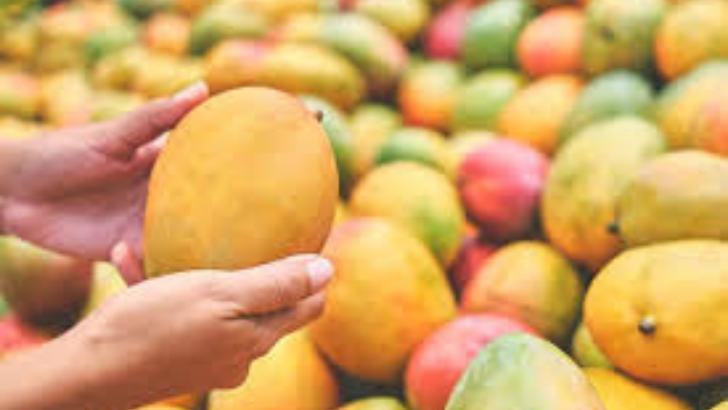

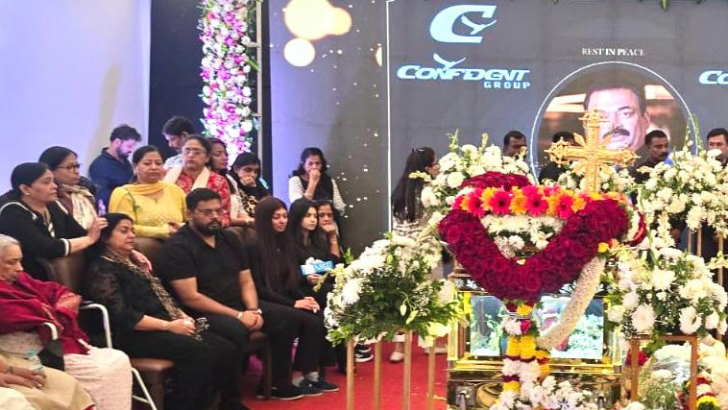
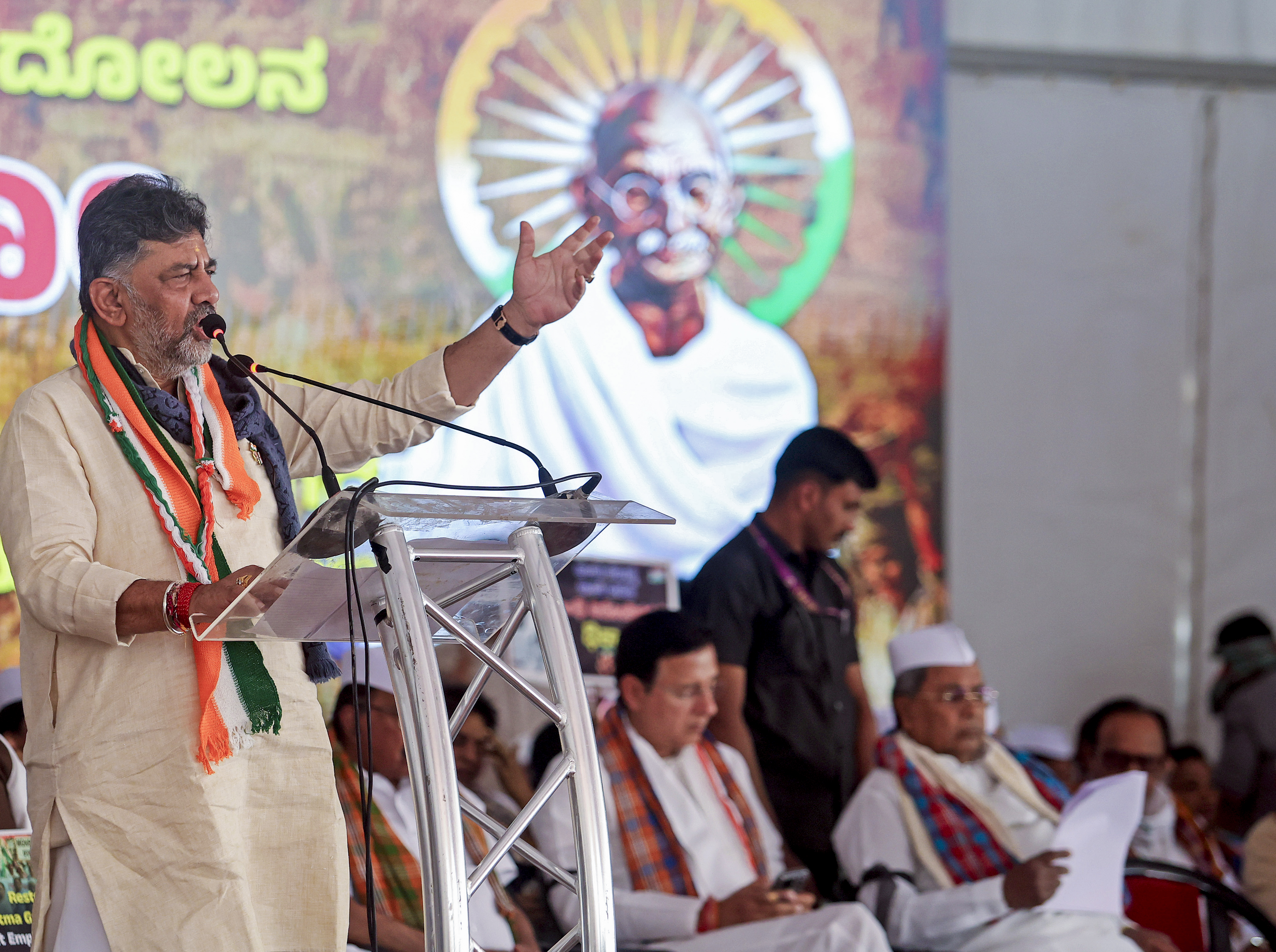
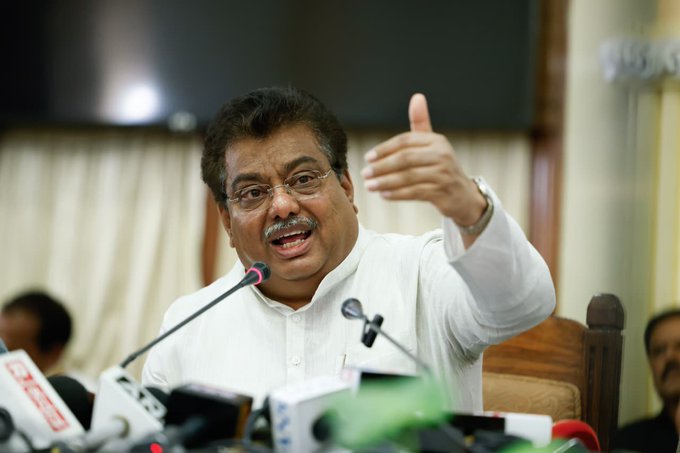
.png)
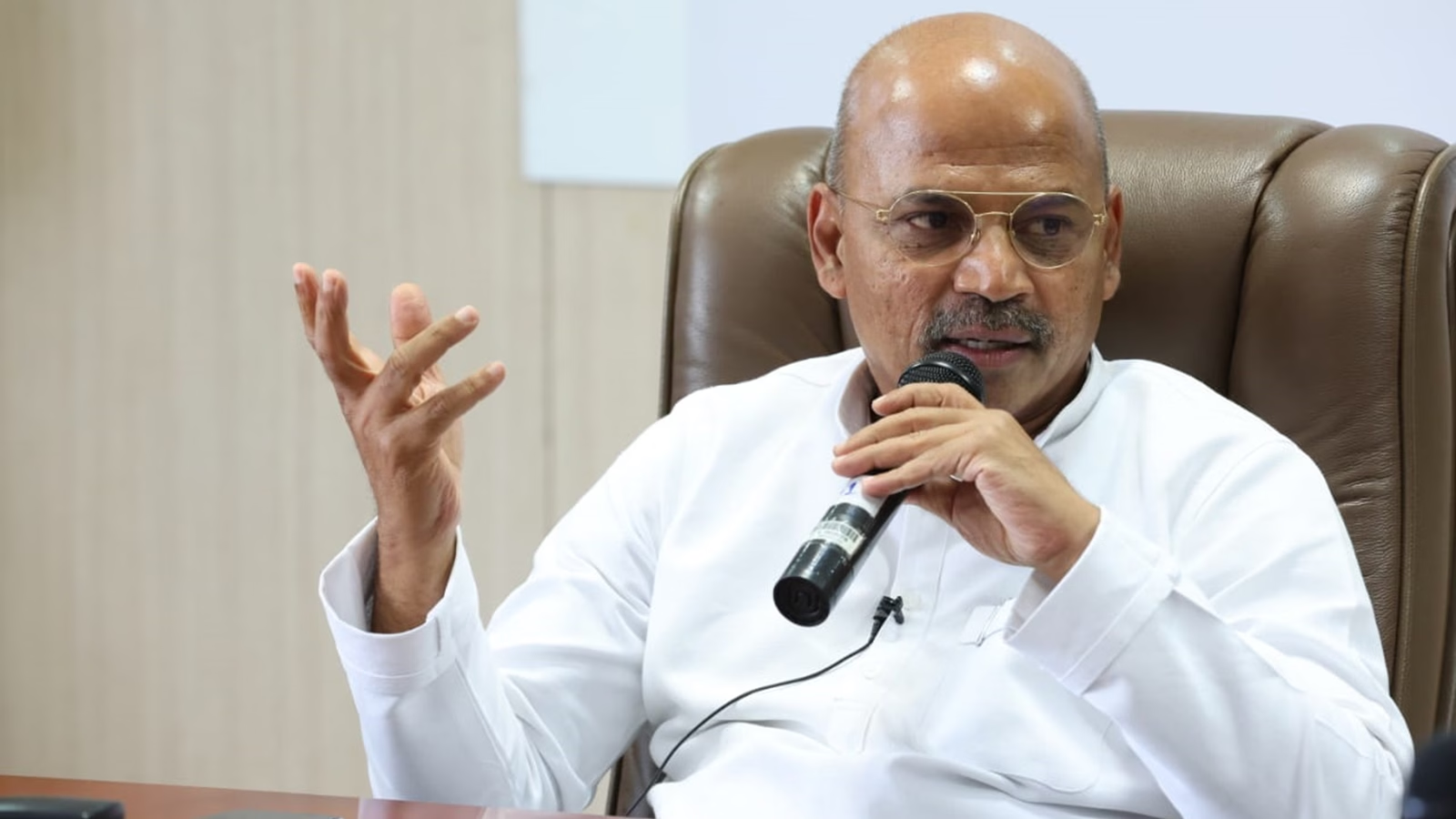
.png)
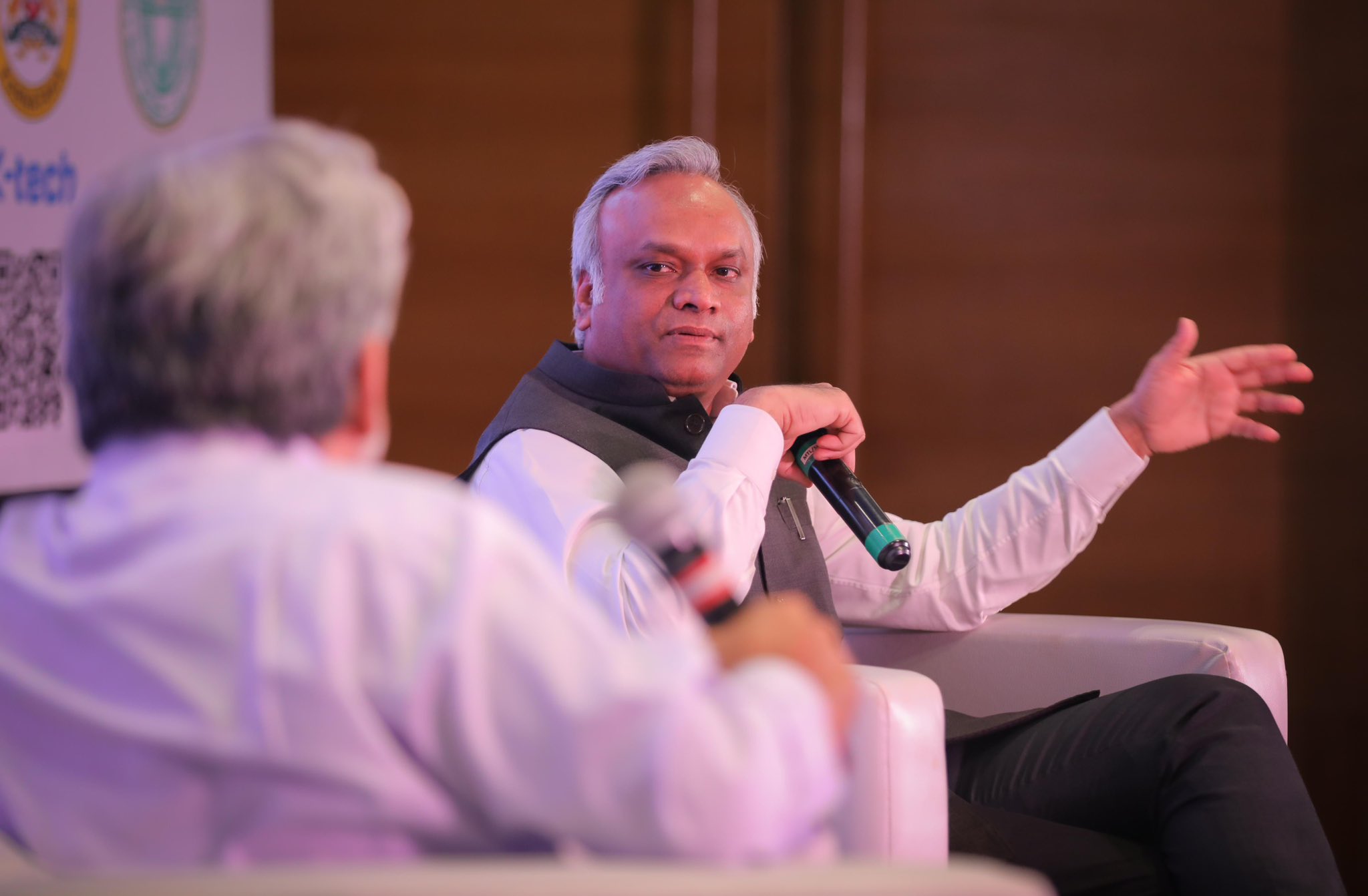

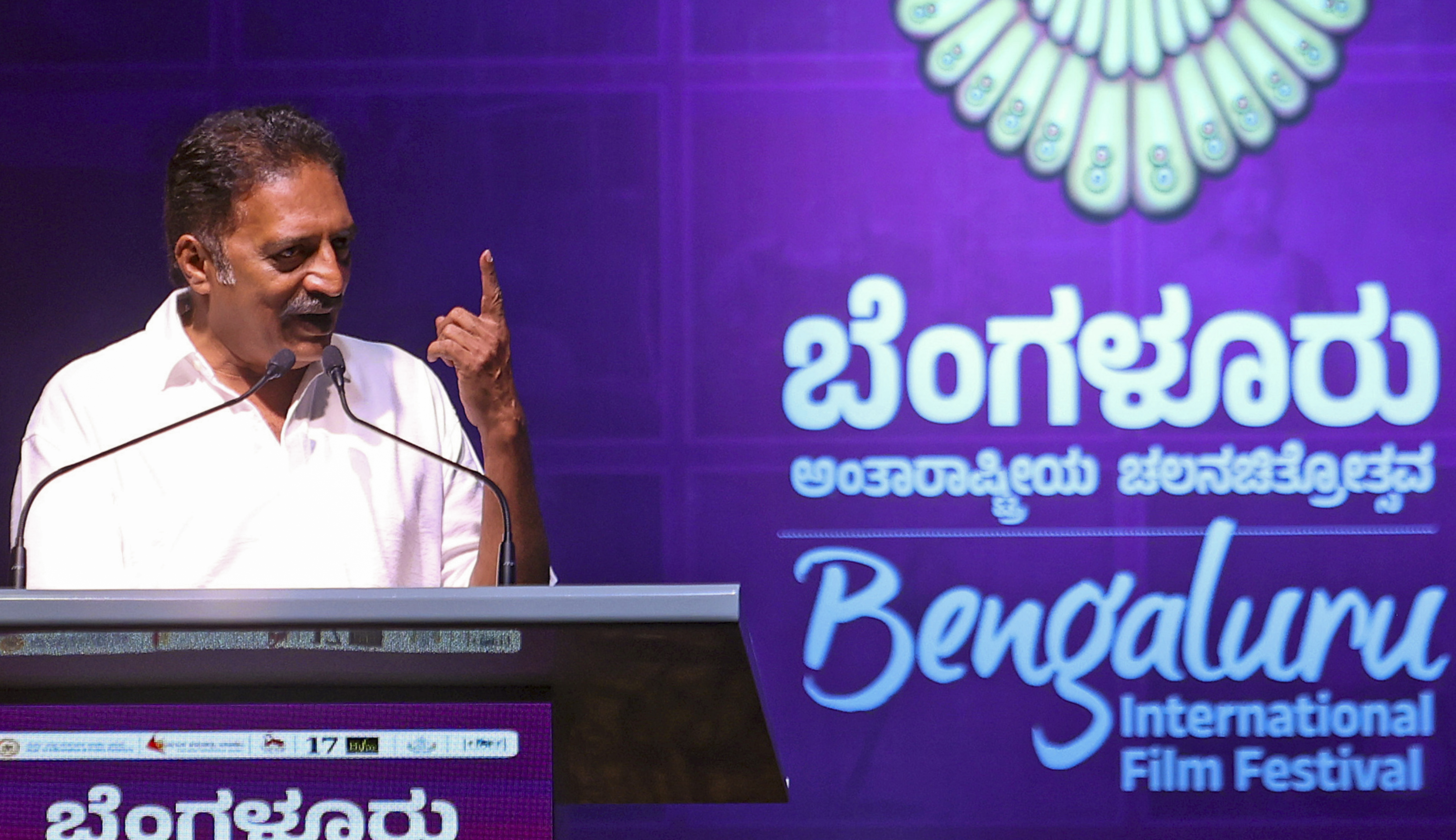
.png)
